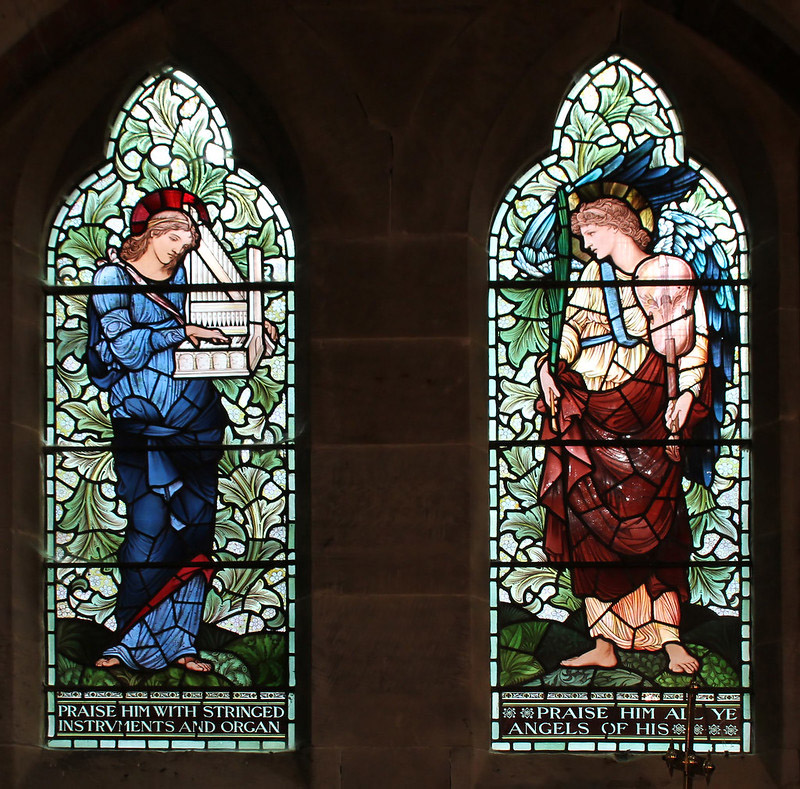
Rosemary Broadbent
Living through a pandemic, surviving a long period when the performance of music in public practically ceased, and the terribly sad experience of seeing a great Gothic cathedral church devastated by fire . . sound familiar? This actually describes the experience of the young Henry Purcell, born one year before the Restoration of the monarchy in 1660, and living through the Great Plague and the Great Fire of London. No fewer than eighty-six churches were destroyed, but the greatest loss was Old St. Paul’s, a hundred feet longer than Salisbury Cathedral, and outstripped in the height of its spire only by its counterpart in Lincoln. Purcell’s life was short but prolific – so short that he will have seen Christopher Wren’s St.
Paul’s rising stone by stone, but did not live to see it consecrated and brought into use. After the virtual elimination of large-scale music during the Commonwealth, it is no wonder that the musicians of London decided to set up an annual celebration of the power of music on St. Cecilia’s Day, November 22nd . Purcell wrote music for the first celebration in 1683, but our MANCENT session on October 12th takes its title and its focus from his second commission in 1692.
There must have been an element of competition amongst this tightly-knit group of musicians as each year a different composer was presented with the challenge of writing an Ode to St. Cecilia. It is no surprise, therefore, that Purcell’s second contribution, nine years on, reaches new heights of splendour and virtuosity. There will be much to enjoy in this music when we consider it together.
The organisers of the St. Cecilia celebrations in the 17th century ordained both the poet and the composer for each year’s offering. Sadly, they never succeeded in matching greatest poet of the
age, John Dryden, with the greatest composer, Henry Purcell. Dryden’s text was set by Giovanni Draghi in 1687, but Dryden’s refusal to swear allegiance to William and Mary the following year led to his disappearance from court life. It was not all loss, however, because his seclusion gave him the time to translate Vergil! John Milton had met a similar fate earlier, as his support for Cromwell and
the Commonwealth made it politic to disappear from London at the Restoration in 1660. Once again there was a silver lining, as he used his enforced leisure to write Paradise Lost.
We have to wait a long time to find an eminent British composer setting the words of an eminent poet, but our second session, on October 19th, celebrates three remarkable conjunctions: John Dryden set by Hubert Parry, Shakespeare set by Ralph Vaughan Williams, and W. H. Auden set by Benjamin Britten. Unlike many of the seventeenth-century odes, these works have remained
in the repertory, and they provide a fascinating picture of the revival of English choral music after a long fallow period. Saint Cecilia lives again, especially in the work of Benjamin Britten, who was born
on her feast day.
Details on MANCENT’s Course: Hail Cecilia can be booked here.